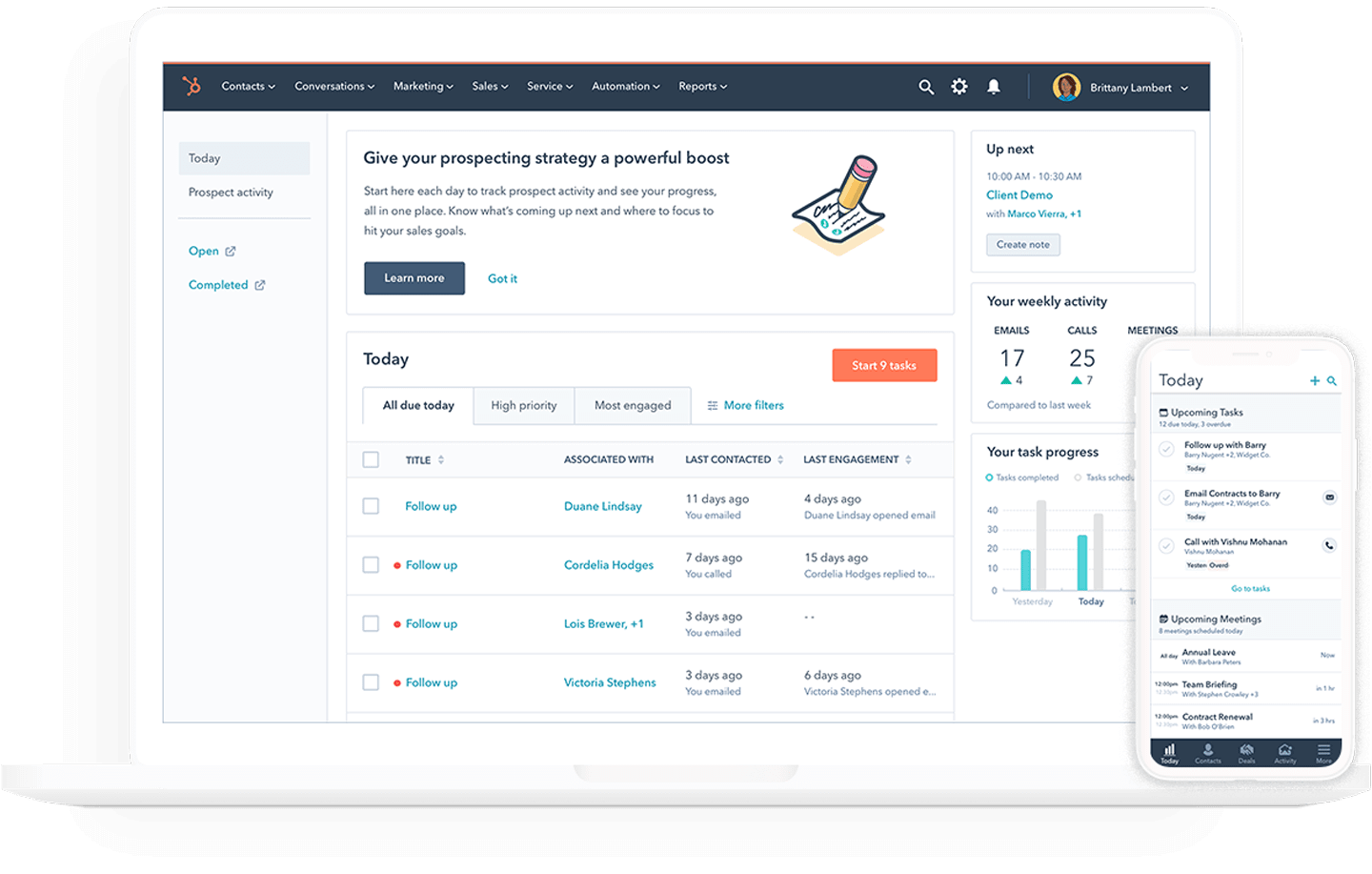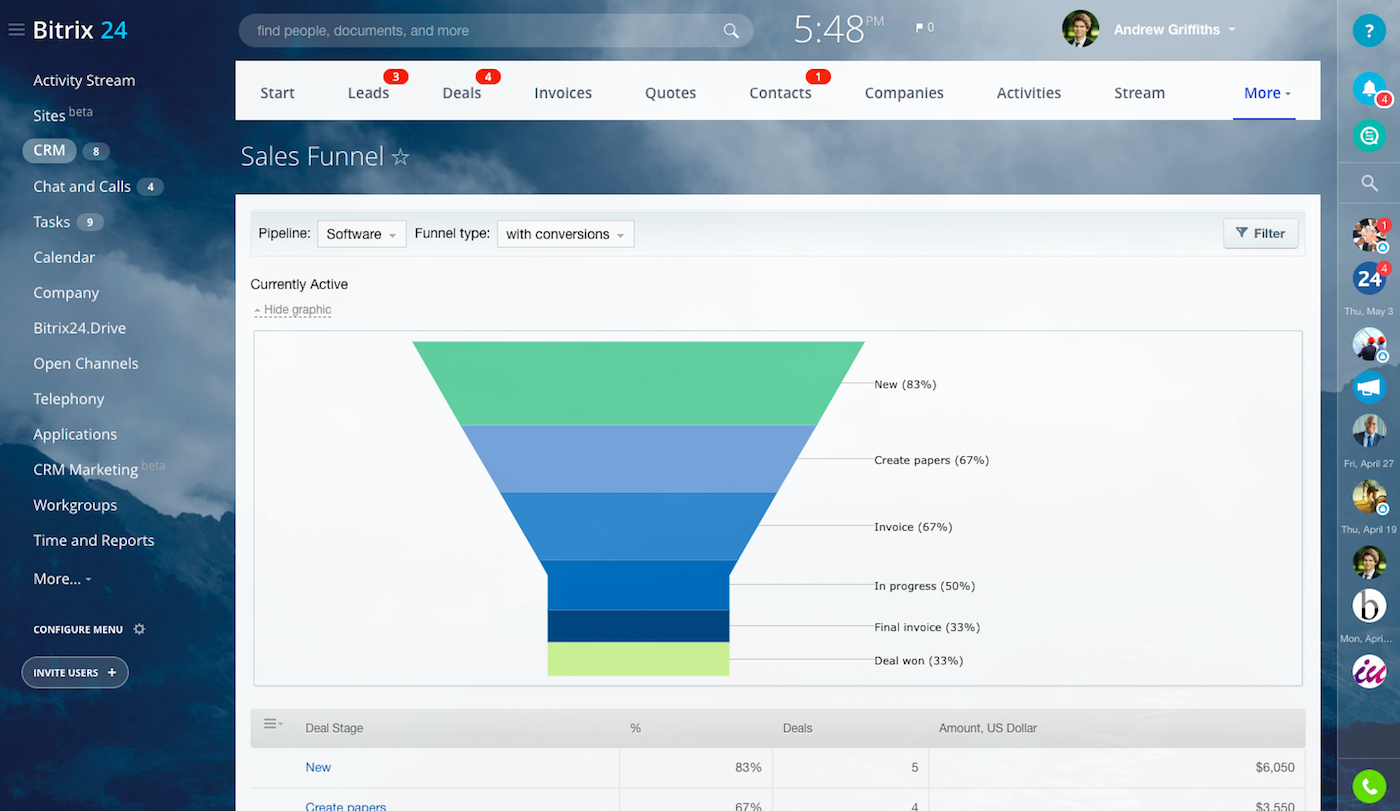Crm system for free – In the competitive business landscape, customer relationship management (CRM) is no longer a luxury but a necessity. But what if you’re a small business or startup with limited resources? Enter free CRM systems – a game-changer that empowers businesses of all sizes to manage their customer relationships effectively without breaking the bank.
In this comprehensive guide, we’ll delve into the world of free CRM systems, exploring their benefits, features, and limitations. We’ll provide expert guidance on choosing the right system for your business and share best practices for maximizing its potential. So, buckle up and get ready to discover how a free CRM system can transform your customer management strategies.
Benefits of Free CRM Systems: Crm System For Free

Free CRM systems offer numerous advantages to businesses, particularly those with limited resources or starting operations. These systems provide essential features for managing customer relationships effectively without incurring significant expenses.
Here are some key benefits associated with using free CRM systems:
Centralized Customer Data
- Free CRM systems provide a central repository for storing and organizing customer information, including contact details, purchase history, and interactions.
- This centralized data allows businesses to have a complete view of their customers, facilitating personalized interactions and improved customer service.
Improved Customer Service
- Free CRM systems offer tools for tracking customer interactions, such as phone calls, emails, and support tickets.
- This information helps businesses respond to customer inquiries promptly and efficiently, enhancing customer satisfaction.
Increased Sales Productivity
- Free CRM systems provide features for managing sales pipelines, tracking leads, and automating tasks.
- These tools help sales teams prioritize their efforts, close deals faster, and increase overall productivity.
Enhanced Collaboration
- Free CRM systems often offer collaboration features, such as shared calendars, task lists, and file sharing.
- This enables teams to work together more effectively, avoid duplication of efforts, and improve communication.
Reduced Costs
- As mentioned earlier, free CRM systems eliminate the need for costly software licenses or hardware purchases.
- This makes them an attractive option for businesses with limited budgets or those looking to minimize their technology expenses.
Features of Free CRM Systems
Free CRM systems offer a range of features designed to meet the needs of small businesses and startups. These features help businesses manage customer interactions, track sales pipelines, and improve customer satisfaction.
Some of the most common features offered by free CRM systems include:
- Contact management: Free CRM systems allow businesses to store and manage contact information for customers, leads, and vendors.
- Lead tracking: Free CRM systems help businesses track the progress of leads through the sales pipeline.
- Sales tracking: Free CRM systems allow businesses to track sales opportunities and close deals.
- Customer support: Free CRM systems provide tools for businesses to manage customer support requests and provide timely assistance.
- Reporting: Free CRM systems generate reports that provide businesses with insights into their sales and marketing performance.
Contact Management
Contact management is a crucial feature of any CRM system. It allows businesses to store and manage contact information for customers, leads, and vendors. This information can include name, email address, phone number, and company name. Free CRM systems typically offer basic contact management features, such as the ability to add, edit, and delete contacts.
Some free CRM systems also offer more advanced features, such as the ability to create custom fields and segment contacts based on specific criteria.
Lead Tracking
Lead tracking is another important feature of CRM systems. It allows businesses to track the progress of leads through the sales pipeline. This information can help businesses identify which leads are most likely to convert into customers. Free CRM systems typically offer basic lead tracking features, such as the ability to create and manage lead records.
Some free CRM systems also offer more advanced features, such as the ability to create custom lead statuses and track lead activity.
Limitations of Free CRM Systems
While free CRM systems offer numerous advantages, it’s essential to acknowledge their potential limitations. These limitations can impact businesses and their customer management strategies in several ways.
One of the primary limitations is the restricted features and functionality. Free CRM systems typically provide a basic set of features, which may not be sufficient for businesses with complex customer management needs. This can hinder their ability to effectively manage customer interactions, track sales pipelines, and automate marketing campaigns.
Limited Customization
Another limitation is the limited customization options. Free CRM systems often have pre-defined templates and layouts, which may not align with the specific business requirements. This can make it challenging for businesses to tailor the CRM system to their unique processes and workflows, potentially affecting their efficiency and productivity.
Data Storage and Security
Data storage and security can also be a concern. Free CRM systems may have limited storage capacity, which can restrict the amount of customer data that can be stored. Additionally, security measures may not be as robust as paid CRM systems, increasing the risk of data breaches and unauthorized access.
Integration with Other Systems
Integration with other business systems can be limited in free CRM systems. This can hinder the seamless flow of data between different applications, such as accounting software, email marketing platforms, and e-commerce systems. Lack of integration can create inefficiencies and manual workarounds, impacting productivity and overall business operations.
When Paid CRM Systems Might Be More Suitable, Crm system for free
Paid CRM systems may be more suitable for businesses that require advanced features, extensive customization options, enhanced data security, and seamless integration with other systems. They offer a wider range of functionality, including advanced analytics, reporting, and automation capabilities. Paid CRM systems also typically provide dedicated customer support and regular updates, ensuring ongoing reliability and performance.
Case Studies and Examples
Free CRM systems have proven their worth in various industries, helping businesses streamline their operations and enhance customer relationships. Let’s explore some notable case studies and examples.
A small but growing e-commerce company faced challenges in managing customer data and tracking sales effectively. By implementing a free CRM system, they were able to centralize customer information, automate follow-ups, and gain insights into customer behavior. This resulted in improved sales conversion rates and enhanced customer satisfaction.
Improved Sales Performance
- A sales team at a mid-sized manufacturing firm struggled to keep track of leads and manage their sales pipeline. With the help of a free CRM system, they gained a centralized view of customer interactions, automated lead nurturing campaigns, and improved their sales forecasting accuracy.
This led to a significant increase in closed deals and revenue generation.
Enhanced Customer Service
- A customer support team at a software company experienced challenges in responding to customer queries promptly and effectively. By adopting a free CRM system, they were able to track customer interactions across multiple channels, prioritize high-priority cases, and provide personalized support.
This resulted in improved customer satisfaction scores and reduced resolution times.
Implementation and Integration

Implementing and integrating a free CRM system requires careful planning and execution. Here are the steps to follow:
Preparation
Before implementing a CRM system, it’s crucial to prepare your team and organization. This includes defining clear goals, identifying key stakeholders, and establishing a project plan.
Data Migration
If you have existing customer data, you’ll need to migrate it to the new CRM system. This process should be carefully planned to ensure data accuracy and minimize disruptions.
Customization
Free CRM systems often offer limited customization options. However, you can still tailor the system to meet your specific needs by configuring settings, creating custom fields, and integrating with other tools.
Integration
Integrating your CRM system with other business systems, such as email marketing platforms, accounting software, and e-commerce platforms, can streamline your workflow and improve efficiency.
Training and Adoption
Once the CRM system is implemented, it’s essential to provide training to your team and ensure they understand how to use it effectively. Regular communication and support can help drive adoption and maximize the system’s benefits.
Common Pitfalls
- Underestimating the time and effort required for implementation
- Failing to involve key stakeholders in the process
- Not properly preparing and migrating data
- Insufficient training and support for users
- Ignoring the need for ongoing maintenance and updates
Tips for Successful Integration
- Use an integration platform to simplify the process
- Start with a few key integrations and gradually add more
- Test integrations thoroughly before going live
- Monitor integrations regularly to ensure they are working properly
- Keep your CRM system and integrated tools up to date
Best Practices for Using Free CRM Systems
Utilizing free CRM systems effectively requires a strategic approach. By adhering to best practices, businesses can maximize the benefits and minimize potential drawbacks. Here are some key recommendations to optimize your CRM usage:
Plan and Define
Before implementing a free CRM, establish clear objectives and define the desired outcomes. Determine the specific business processes and customer touchpoints that the CRM will support. This planning phase ensures that the system aligns with your strategic goals.
Data Management
Maintaining accurate and up-to-date customer data is crucial. Regularly clean and verify data to eliminate duplicates and ensure consistency. Establish data entry standards and train users on proper data management practices.
Process Optimization
Review existing customer management processes and identify areas for improvement. The CRM system should streamline workflows, automate tasks, and enhance communication between teams. Consider implementing lead scoring, automated follow-ups, and customer segmentation to enhance efficiency.
User Adoption
Encourage user adoption by providing training and support. Ensure that users understand the benefits and functionality of the CRM. Create user-friendly interfaces and provide ongoing support to facilitate seamless adoption.
Integration
Integrate the CRM with other business applications, such as email, marketing automation, and e-commerce platforms. This integration enhances data sharing and streamlines operations, providing a comprehensive view of customer interactions.
Regular Evaluation
Continuously evaluate the effectiveness of your CRM system. Monitor key metrics, such as customer satisfaction, sales conversion rates, and lead generation. Make adjustments and improvements as needed to ensure that the system continues to meet your business requirements.
Conclusive Thoughts

Navigating the world of free CRM systems can be a daunting task, but with the right knowledge and guidance, you can find a solution that meets your specific business needs. By understanding the benefits, features, and limitations of these systems, you can make an informed decision that will help you build stronger customer relationships, streamline your operations, and drive business growth.
Embrace the power of free CRM systems today and unlock the potential for exceptional customer experiences.
